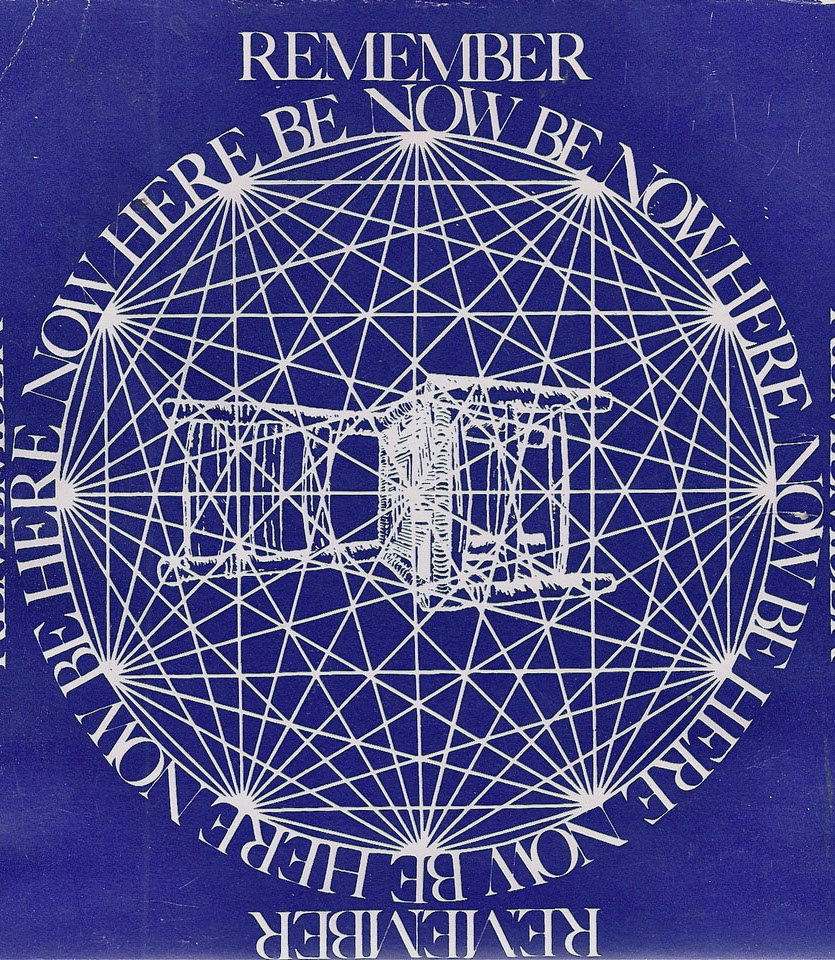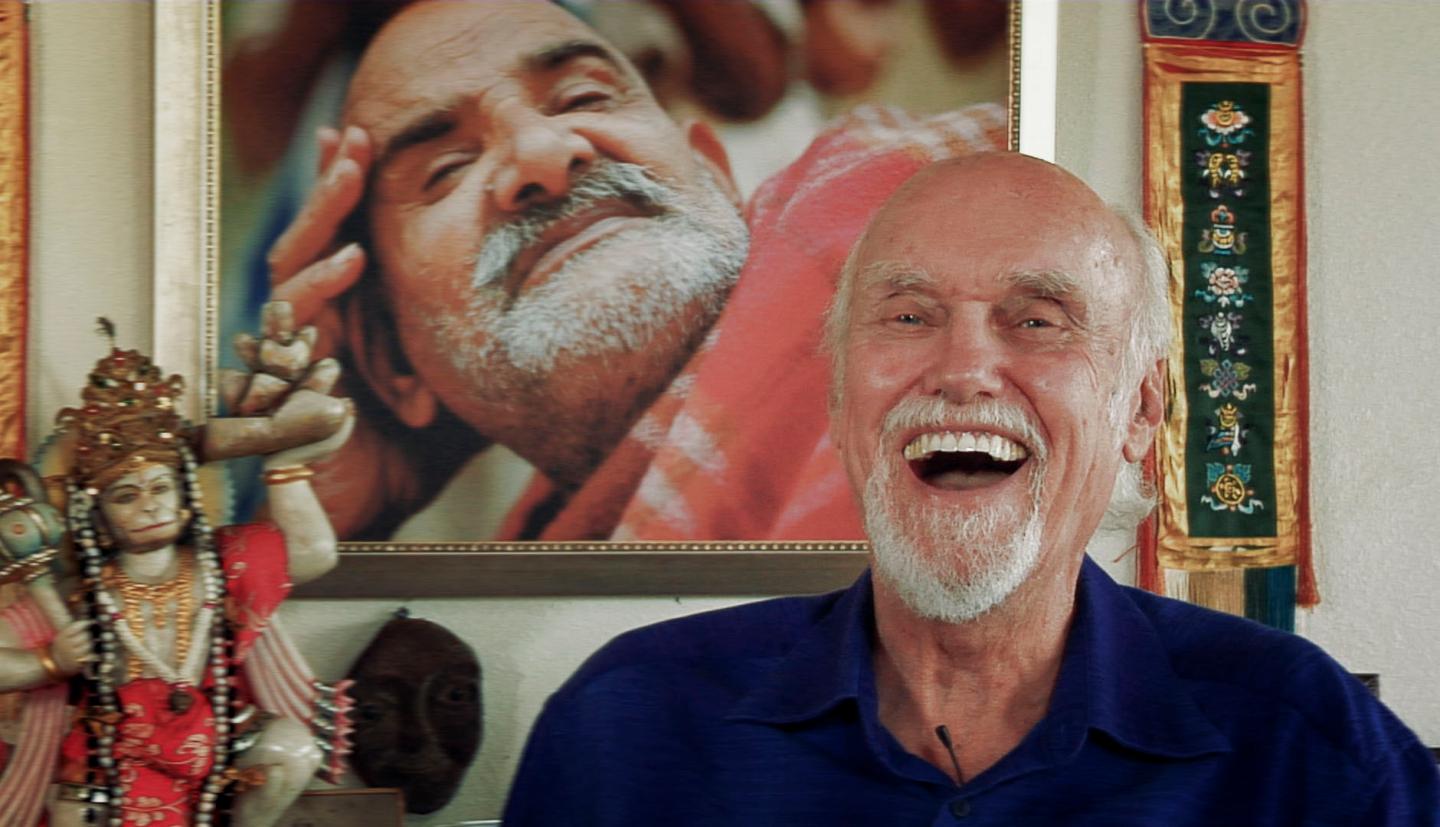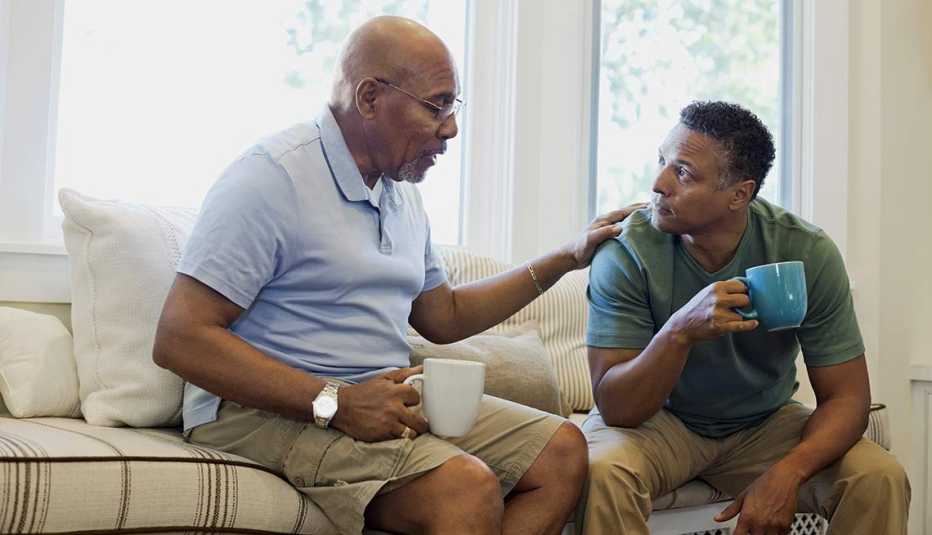Staying Fit
Every caregiver can relate to feelings of guilt and anxiety, the overwhelming sense that we aren’t doing enough for our loved ones. Frustration, an emotion experienced by all human beings, can become a feedback loop to caregiving guilt in those moments when we lose our patience or wish to be somewhere else. And there we are again, feeling as if we have failed.
The 50th anniversary of Ram Dass’ foundational book, Be Here Now, felt like a good time to tap into wisdom from the esteemed spiritual guide and cultural icon who dedicated his life to teachings based on caring, kindness, service, compassion and love. The Harvard professor and psychedelic pioneer — formerly known as Richard Alpert — became a disciple of Hindu guru Neem Karoli Baba after a life-changing trip to India; his subsequent work, including 12 spiritual books, was a philosophy, not a religion, and accessible to all. Ram Dass’ messages particularly resonate in the areas of caregiving and the acceptance of the end of life. Paralyzed by a stroke, Ram Dass spent 22 years in a wheelchair and devoted much of his work to helping us better accept and be prepared for the end of life, right up to his own death at the age of 88 in 2019.


AARP Membership— $12 for your first year when you sign up for Automatic Renewal
Get instant access to members-only products and hundreds of discounts, a free second membership, and a subscription to AARP the Magazine.
A caregiver once shared Ram Dass’ famous quote, which gave me comfort in the days when my own father was beginning to slip away and allowed me to lean in without fear.
“We are all just walking each other home,” she said to me, and it was a reminder that all of us will take this journey. The greatest privilege is to be there for someone else.
Focusing on service and compassion
Raghu Markus, 75, from Ojai, California, is the executive director of Ram Dass’ Love Serve Remember Foundation, where he continues the work of Ram Dass by making the content available to all in podcasts, smartphone apps, online courses, articles and music offerings. In 2016, Markus cofounded the Be Here Now Network, where he hosts the Ram Dass Here & Now podcast, as well as his own Mindrolling podcast. He is also the producer of Becoming Nobody, a Ram Dass documentary feature film that was released in 2019.


“This work is about letting go of the identity and roles that we’ve created for ourselves and focus on 24/7,” says Markus, who worked with Ram Dass since the 1970s. That sense of identity in terms of caring for someone is applicable to all caregivers. “It’s important for all of us to think about when it’s ‘enough’ in regard to self-interest,” he says. “Instead, the focus should shift from a mindset of thinking about how we can feel better about ourselves to what we can do for others.”




































































